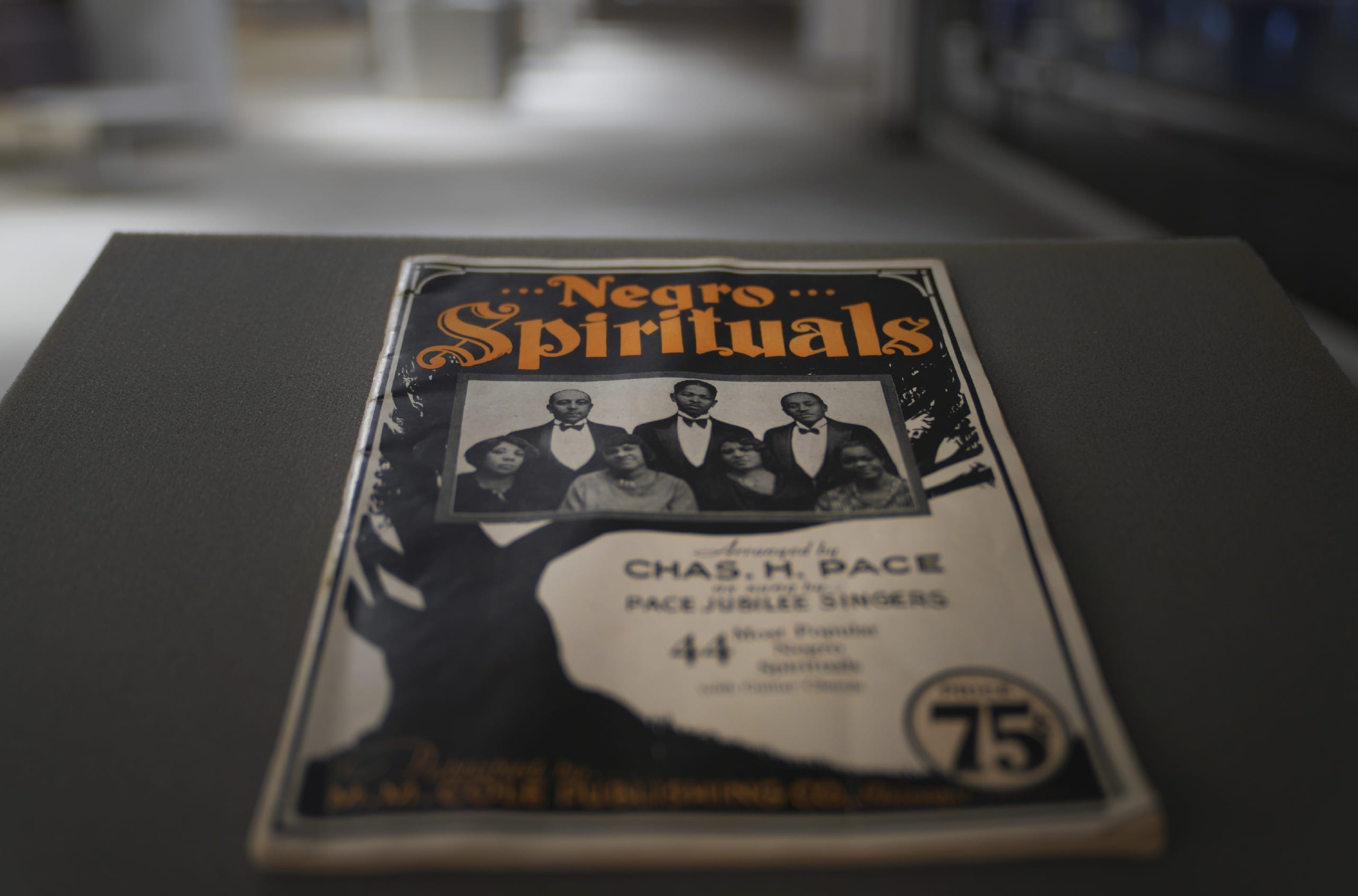PITTSBURGH (AP) — Scattered in crates, dirty and difficult to read, the gospel music of composer Charles Henry Pace sat packed away, unorganized — and unrealized — for more than 20 years.
Frances Pace Barnes, the pioneering music publisher’s daughter who remembers how he could turn a hum into a song, knew the crates held pieces of her family’s past. But she was not expecting those decaying printing plates and papers to reveal an important part of gospel music history.
“I didn’t know it was going to be a legacy,” said Pace Barnes.
As it turns out, her father was one of the first African American gospel music composers in the United States, and the owner of one of the country’s first independent, Black gospel music publishing companies.
Today, the University of Pittsburgh is restoring his work from the 1920s to the 1950s and cementing his place in the genre’s history. It was the curiosity of music historian Christopher Lynch that set the Charles Henry Pace preservation project into motion.
“This is something that we can, as Pittsburghers, all be proud of,” said Lynch with a smile. “Charles Pace was a tremendous figure in music history.”
Long after Pace died in 1963, his music store, which was first known as the Old Ship of Zion and later changed to the Charles H. Pace Music Publishers located in Pittsburgh’s Hill District, was sold and his archives went with it. Eventually, the materials made their way to auction, and the university’s library system bought them in 1999.
The 14 crates sat for more than two decades before Lynch, who also is the project’s coordinator with the university’s Center for American Music, uncovered the significance of what they held.
Lynch, who moved to Pittsburgh in 2017, was inspired to go through them after taking a tour of the Hill District — the city’s first hub of Black culture and art — and learning that a park in…
Read the full article here



